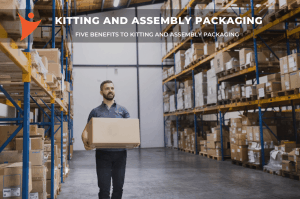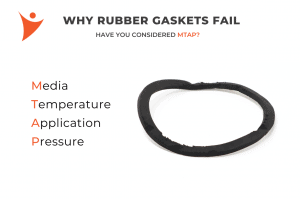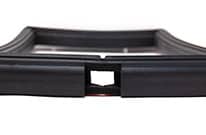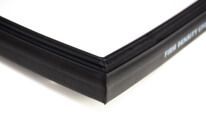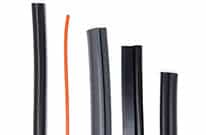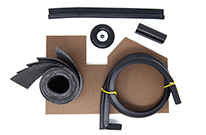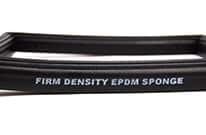
Doug Sharpe
President of Elasto Proxy
Are you seeking new markets for your manufactured products? Does your company serve customers in mining, mass transit, or mobile specialty vehicles? Have you considered doing business with Brazil, a Latin American powerhouse that now boasts the world’s sixth largest economy? International trade offers incredible opportunities, but also poses serious challenges – especially for a small business.
Small Business Insights for Doing Business in Brazil
Recently, Donna Sharpe and I returned from our second trip to São Paulo, Brazil’s largest city. As co-founders and co-owners of Elasto Proxy, a growing supplier of sealing solutions with offices in Canada, the United States, and China, we’re drawn to Brazil’s boundless energy and incredible talent. Visiting the country a second time afforded us some additional insights we’d like to share with you.
When Donna and I visited São Paulo last November, we were part of a trade delegation from Elastomer Valley, a group of Québec-based businesses in search of new economic opportunities. Last month, we returned to São Paulo with SME Passport, another program that provides Québec’s small and medium enterprises (SMEs) with the keys to unlock international markets.
Business Opportunities
During our most recent trip, Donna and I met with several Brazilian businesses that would make ideal partners for our Canadian company. As an experienced custom-fabricator of high-value, low-volume rubber products, Elasto Proxy has the application knowledge and technical expertise to meet the needs of manufacturers of agricultural equipment, mobile specialty vehicles, and mass transit systems.
Many of the companies we met with are part of well-established international firms with facilities in North America, Europe, and Asia. In seeking strategic relationships, businesses in Brazil want to strengthen their supply chains by finding partners who are more than just product providers. The sales process is different in Brazil, but doing business still means building relationships.
Like our partners in other parts of the world, the companies we met with were looking for both high-quality rubber products and innovative inventory management. Elasto Proxy could open its own facility in São Paulo, of course, but the Brazilian government offers access to a bonded warehouse where employees pick and pull items from your company’s container for shipments to your customers.
The Speed of Change
Brazil is growing and changing, but some things still don’t move quickly enough for the country’s talented and energetic entrepreneurs. For example, because Brazil still has protected markets, the sales process requires lengthy government approvals. Goods are taxed differently in Brazil, and the product classification system is complex, too.
For foreign companies, there are steep duties on imported goods to consider. Specialty products that can’t be made in Brazil are taxed less, so custom-fabricators like Elasto Proxy may be able to leverage the regulatory structure. The trip that Donna and I took to Brazil was only our second, however, so we want to learn more about doing business in Brazil before making long-term decisions.
Specialty Seals and Thermal Acoustic Insulation
Elasto Proxy’s recent trip was an important step in our decision-making process, and a very positive one overall. In addition to strengthening new business relationships, we learned more about the Brazilian market’s demand for specialty seals, thermal acoustic insulation, composite materials, and specialty flooring.
From engine compartments to tractor cabs, Brazil needs high-quality rubber products and reliable suppliers who can deliver multiple components. There are opportunities in military vehicles, too, as the South American country is increasing defense spending.
Donna and I are looking forward our next trip to São Paulo this summer, and welcome your questions – as well as your own insights – about doing business in Brazil. How can we help you?

